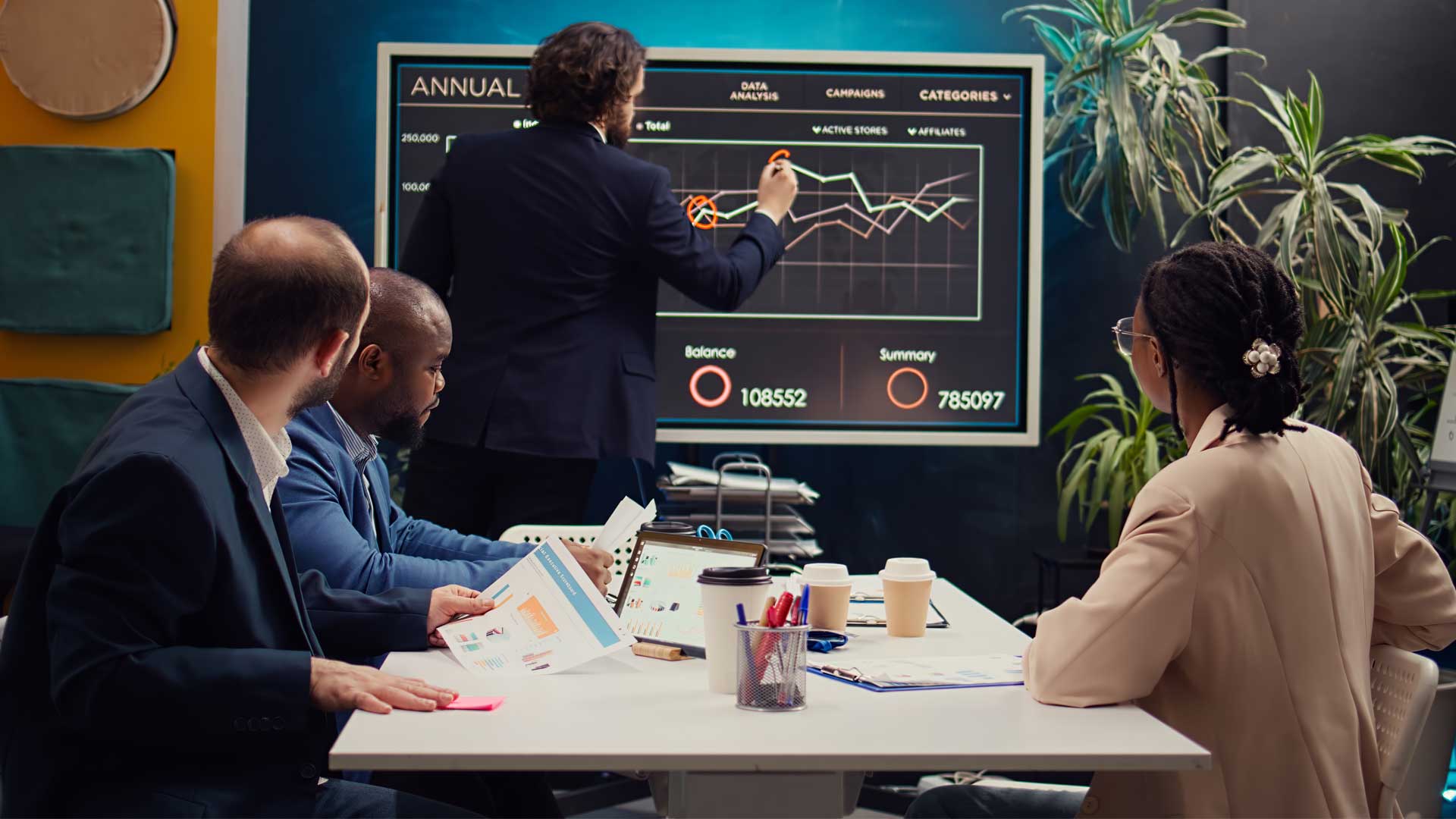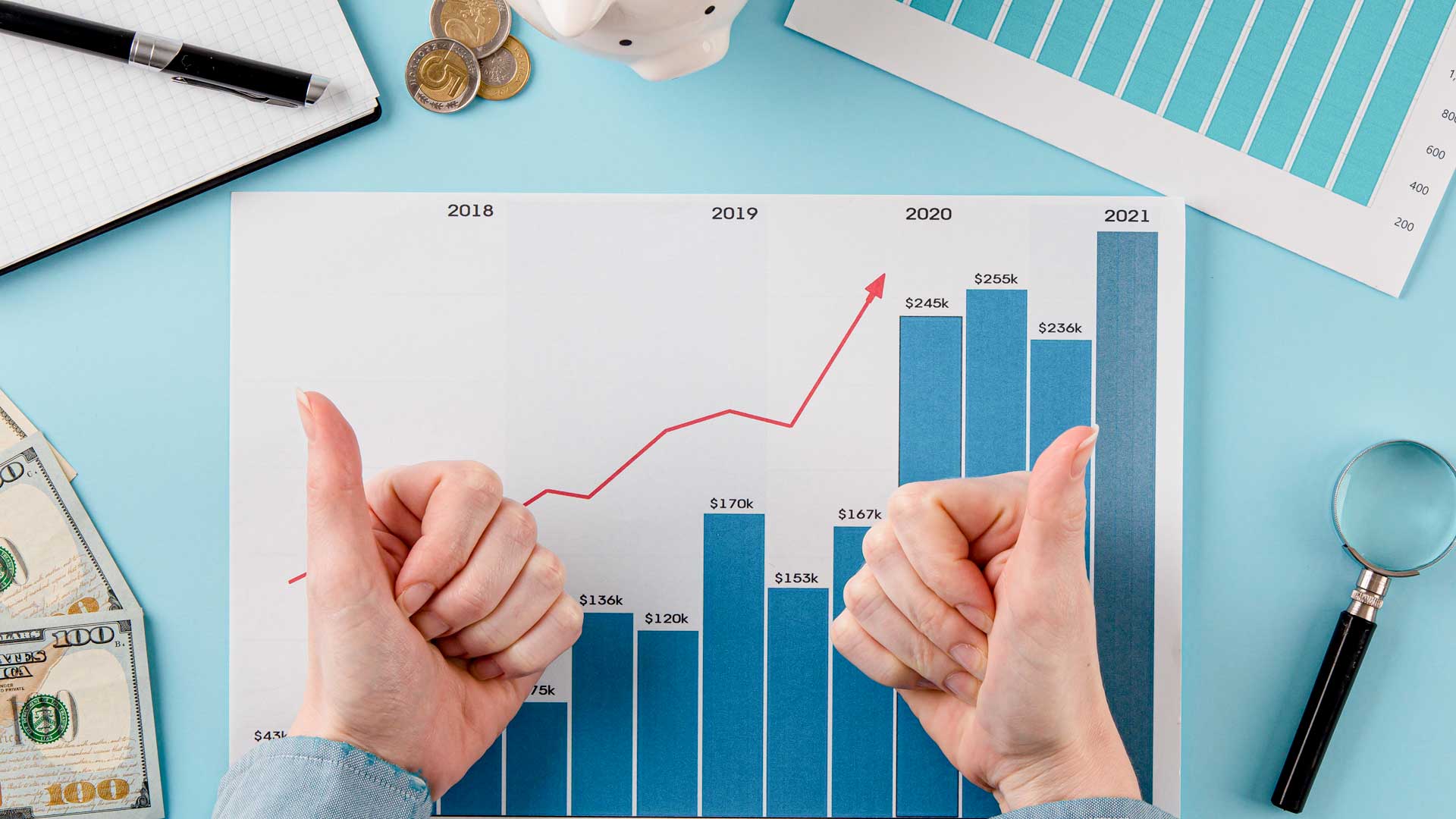Commodity trading is the purchase and sale of raw materials or main agricultural
products. For beginners, it can be a complicated but potentially profitable business. It
requires an awareness of market dynamics, careful planning, and strategic execution. The
article attempts to provide key suggestions for a beginner trader, allowing them to navigate
the commodity markets effectively.
Understanding Commodity Trading
Trading in commodities includes a wide range of products, including metals like gold and
oil as well as agricultural products like wheat and coffee. Commodities are generally
traded through contact for futures, options, and other derivative instruments, unlike stocks
or bonds. Future contracts require the buyer or seller to purchase and sell a commodity at
a predetermined price on a specific date. Options allow the buyer the right, but not the
responsibility, to trade a commodity at a predetermined price within a specific time frame.
Start Small
Start with a little investment and reduce risk while you learn. This strategy allows you to get
experience without causing considerable financial loss. As you gain more confidence and
understanding, you can gradually increase your investment.
Select a Reliable broker
Choosing a reliable company is critical to successful trading. Look for brokers who have a
proven track record, a clear cost structure, and a reliable trading system. Check to see if
they have access to the commodities, you are looking for as well as excellent customer
service.
Understanding Market Influences
Supply and demand dynamics, geopolitical events, climatic conditions, and economic
indicators all have an impact on commodity prices. Stay educated about these issues and
how they can affect the markets. A drought,
For example, it can have an impact on agricultural commodities, while political instability
may have an impact on its prices.
Create a Trading Plan
A well-defined trading strategy is essential for success. This strategy should include your
trading objectives, methods, risk management measures, and rules for entering and
leaving transactions. Stick to your strategy and avoid making rash decisions based on price
swings or emotional responses.
Risk management
Practice controlling risk is an essential part of trading. Establish your capital risk tolerance
for each trade and utilize stop loss order to reduce possible losses. Additionally,
diversification may assist in distributing risk among several commodities. Make sure you
only trade with money you can afford to lose and that you are always ready for the chance
of losing money.
Stay Updated With Market News
Making educated trading decisions requires staying up to date on market news and current
events. Get industry reports, subscribe to financial news services, and keep a constant eye
on market movements. The price of commodities can be greatly impacted by information
regarding changes in trade laws, regulations, and economic indicators.
Use Technical and Fundamental Analysis
To forecast future price movements, technical analysis looks at past price data and chart
patterns. In contrast, economic indicators, production costs, and supply and demand are
all examined in fundamental analysis. Making better trading selections can be assisted by
combining the two approaches to have a thorough understanding of the market.
Avoid Overtrading
Excessive trading might result in higher risk and higher transaction expenses. Remain true
to your trading strategy and resist the urge to trade too much. Priorities are quality above
quality when making transactions, and make sure that every trade complies with your risk
management guidelines and overall strategy.
Acknowledge Your Mistakes
Making mistakes is a normal part of the learning process that is trading. To keep track of
your transactions, tactics, and results, keep a trading notebook. Examine your
accomplishments and shortcomings to determine what functions well and what doesn’t.
You will be able to trade more effectively and make wiser selections going forward with the
help of this reflection.
Stay Disciplined
It takes discipline to trade commodities. Don’t let your emotions get in the way of your
decision; instead, stick to your trading plan and risk management guidelines. Trading
based on emotions might result in bad decisions and large losses. Remain composed and
adhere to your plan of action.
Consider Paper Trading
Use a paper simulation trading account to practice trading before investing real money. As
a result, you can try out various tactics and gain a sense of the markets without taking on
any financial risk. Paper trading can assist you in developing your abilities and gaining
confidence.
Have Patience
Trading in commodities can be unpredictable and volatile. Avoid chasing after fast gain
and exercise patience when making trades. Sustained trading success frequently requires
perseverance and a composed attitude toward market swing.
Ask for Expert Advice
Consult financial consultants or trading experts for advice if you are unaware of your
trading plan or require directions. They can offer insightful information and assist you in
creating a trading strategy that works better.
Conclusion
Although it has its own seat of difficulties, commodity trading tips presents a number of
substantial potentials. To successfully navigate this complicated market as a beginner, it
is essential to comprehend the fundamentals, create a sound trading plan, and put risk
management techniques into practice. You may lay a solid foundation for profitable
commodity trading by educating yourself, starting small, remaining informed, and taking
lessons from your mistakes. Commodity trading requires discipline, care, and dedication
to lifelong learning, just like any other investment.




